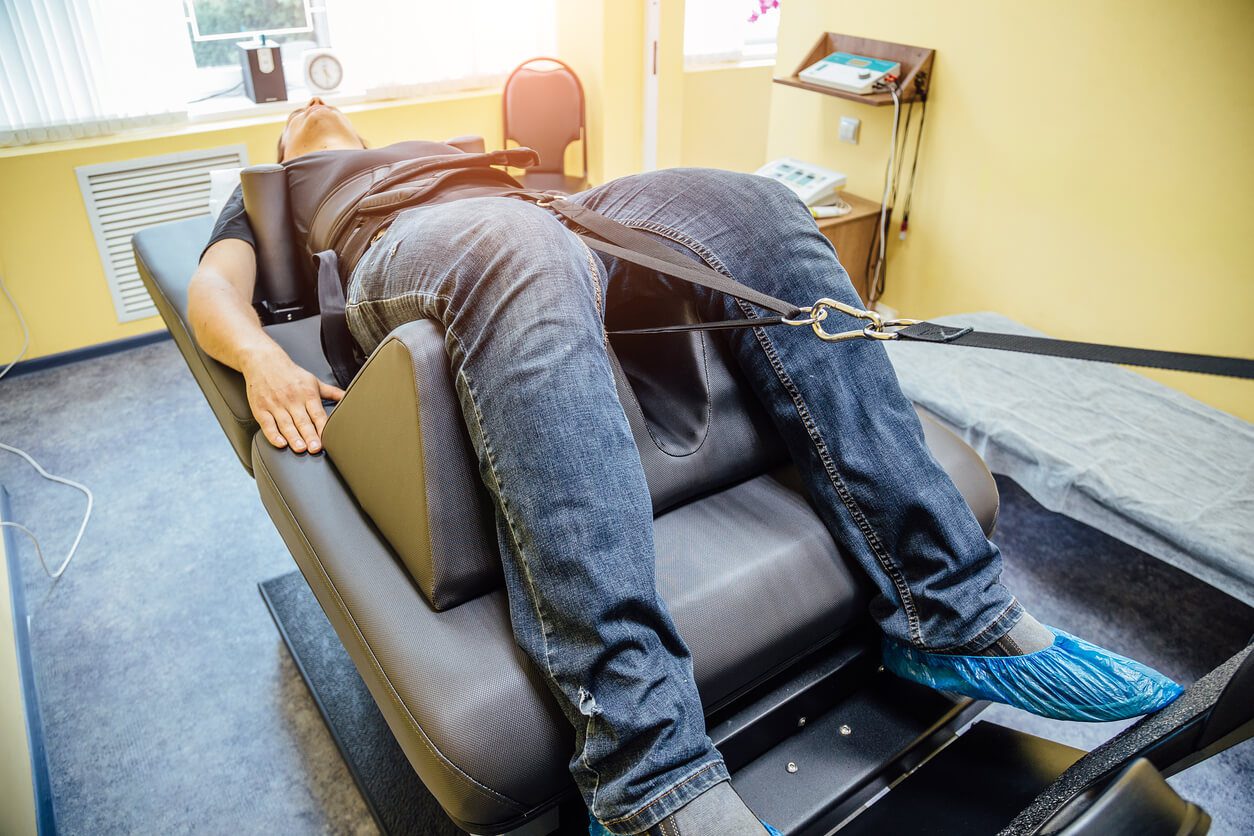
Physical therapy for spine health is crucial in helping workers return to their jobs safely after injury. Many workers deal with back pain or spinal injuries that stop them from working. These problems affect millions of workers every year in different types of jobs.
A complete plan for spine rehab can be the key to a successful return to work instead of ongoing pain. Learning how physical therapy supports spine health can help workers make better choices about their recovery.
Assessment Process
Physical therapy begins with a detailed check of the injured worker. To understand the worker’s needs, therapists assess:
- Movement
- Strength
- Flexibility
- Job-specific tasks
This evaluation identifies the main causes of the spinal injury. This may include uneven muscles, poor posture, or bad movement habits. Addressing these issues helps prevent future injuries and supports long-term spine health.
Therapists also test the worker’s readiness for job tasks, including lifting, endurance, and work-related movements. These results guide decisions on when the worker can safely return to their job.
Targeted Treatment Interventions
Physical therapy for spine health uses different treatment methods:
- Manual therapy helps improve joint movement and reduce muscle tightness.
- Special exercises make weak muscles stronger and improve flexibility in stiff areas.
- Techniques like joint mobilization and soft tissue massage help bring back normal movement.
Exercise is also a key part of spine rehabilitation. Therapists create specific exercises that focus on the muscles supporting the spine. These exercises are adjusted step by step to meet the growing demands of returning to work.
Functional Movement Training
Functional movement training helps workers get ready for the specific tasks their jobs require. Therapists study the worker’s job duties and create exercises that copy these movements. This helps workers return to their jobs safely.
The training includes learning proper ways to lift, use the body correctly, and maintain good posture. Workers are taught how to protect their spines during different work activities. This knowledge helps lower the chance of getting injured again after returning to work.
Therapists also fix any new movement habits that may have started during the injury. These habits, if not corrected, can cause more problems. Functional training brings back normal movement and reduces stress on the spine.
Work Conditioning and Hardening Programs
Work conditioning programs help workers move from basic recovery to handling full job duties. These programs slowly increase the difficulty and length of work-related activities. They get workers physically ready for the specific tasks their jobs require.
Work hardening programs are the most complete type of work preparation. They recreate real work environments and include all parts of job performance.
These programs often involve a team of experts, such as:
- Physical therapists
- Occupational therapists
- Vocational specialists
Focus on Strength, Endurance, and Confidence
Conditioning and hardening programs aim to build the strength and endurance needed for long-lasting job performance.
They also help workers feel confident about safely doing their job tasks again. This boost in confidence is an important part of successfully returning to work.
Education and Prevention Strategies
Education is very important for keeping the spine healthy and avoiding injuries.
Physical therapists teach workers how to use their bodies correctly and follow ergonomic practices. This knowledge helps prevent future injuries and keeps the spine healthy over time.
Recognizing Early Signs
Workers are taught to notice early signs of spinal problems. Acting early can stop small issues from turning into serious injuries. This approach helps workers spend less time away from their jobs and reduces the effects of spine-related problems.
Creating Safer Workplaces
Therapists also give advice on making changes at work and using special equipment. These tips help create safer workplaces that protect the spine.
Simple adjustments can greatly lower the risk of injury. This includes changing how a workstation is set up or improving lifting techniques.
Coordination with Healthcare Teams
Physical therapists team up with other healthcare providers to give complete care. This teamwork includes doctors, occupational therapists, and case managers. Working together helps improve treatment results and supports a smooth return to work.
Clear Communication for Recovery
Regular communication among team members makes sure every part of recovery is covered. Medical care, improving function, and getting ready for work all get the right focus. This teamwork makes rehab efforts more effective.
Support from Case Managers
Case managers guide workers through the often-complicated process of returning to work after an injury. They work with employers, insurance companies, and healthcare providers.
This support helps remove obstacles and makes it easier for workers to get back to their jobs. If you were hurt at work, workers’ comp also comes into play.
Measuring Progress and Outcomes
Physical therapists track progress using clear, measurable methods. Functional capacity tests check the worker’s ability to handle job tasks.
Therapists monitor pain levels, movement, strength, and functional skills. Regular reassessments ensure treatment stays on track and goals are met. This data-driven approach helps guide effective care.
Tracking outcomes also shows the value of physical therapy for spine health.
Physical Therapy for Spine Health in Grand Junction, CO
Physical therapy for spine health offers a proven pathway back to productive work life. It not only treats current pain but also strengthens the body to prevent future injuries. Workers who complete proper spine therapy go back to work feeling confident and capable. Getting help from skilled therapists right away can stop small spine problems from turning into serious, long-term issues.
WorkPartners Occupational Health specializes in helping workers recover and return safely to their jobs. Our experienced team understands the unique challenges of work-related spine problems. We provide comprehensive care that addresses both immediate needs and long-term health goals. Call us at (970) 241-5585 or use our online appointment request form for occupational health services near you.
We look forward to serving you!






